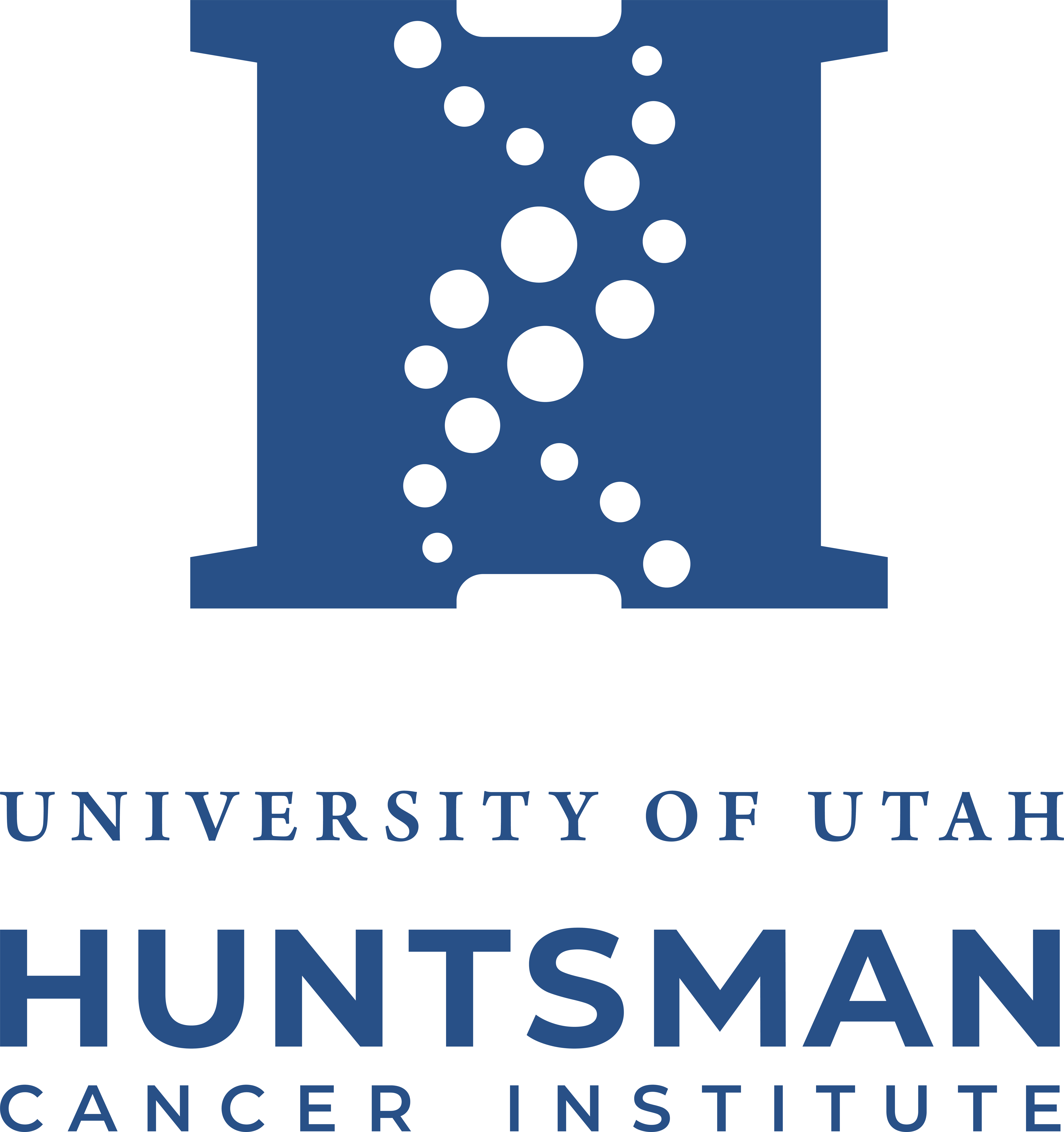
Dr. Puri on Clinically Relevant Biomarkers in SCLC

Sonam Puri, MD, discusses recent research on clinically relevant biomarkers in small cell lung cancer.
Sonam Puri, MD, assistant professor, Division of Oncology, Department of Medicine at the University of Utah, and active member of the Lung Cancer Disease Center of Excellence at the Huntsman Cancer Institute, discusses recent research on clinically relevant biomarkers in small cell lung cancer (SCLC).
In a recent study, Puri and colleagues conducted comprehensive molecular profiling of a total of 437 small cell lung neuroendocrine tumors through the use of next-generation sequencing, RNA sequencing, and immunohistochemistry. Tumors were stratified into 5 subgroups based on the relative expression of 4 transcription factors. The objective of the research was to identify clinically relevant biomarkers of response to immunotherapy in different SCLC subtypes.
It has been known that response to treatment in lung cancer differs depending on where the disease is in the body, Puri says. Central nervous system (CNS) response is a significant factor, and it is important to know whether there is subtype variation in tumors that are isolated from the CNS, according to Puri. More research is needed to fully understand this, Puri says.
Data from the study also indicated that most of the EGFR-sensitizing mutations occurred in the non–small cell lung cancer subtype, Puri adds. This is hypothesis generating, according to Puri, as it is known that certain drugs used to treat patients with EGFR mutations can cause small cell lung cancer (SCLC) transformation. However, a limitation of the database used in the study is that it is unclear whether these tumors were adenocarcinomas before or if they transformed to SCLC; it is also unclear whether they were treated with osimertinib (Tagrisso).
The research did reveal insights regarding biomarkers of response to immunotherapy. For example, tumor mutational burden (TMB) is frequently considered to be a universal marker of immunotherapy response across tumor types, and this study did not find any variation in TMB across the SCLC subtypes, concludes Puri.




































